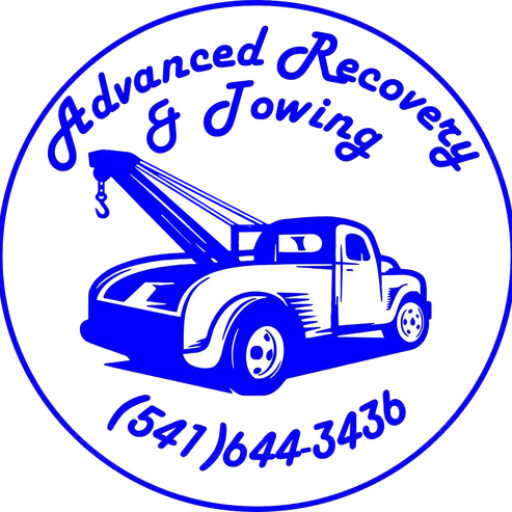Understanding Private Property Impounds
Private property impounds (PPI) are a necessary aspect of property management and law enforcement, ensuring that parking laws and property rights are respected. This service involves the removal of unauthorized, illegally parked, or abandoned vehicles from private property by towing companies, usually at the vehicle owner’s expense. Understanding the intricacies of PPI is crucial for property owners, managers, and vehicle owners alike.
Key Takeaways:
- Private property impounds are essential for managing parking and unauthorized vehicle issues on private property.
- Legal requirements and procedures must be strictly followed to avoid potential liabilities.
- Property owners and managers should work with licensed towing companies and understand local laws to ensure compliance.
- Vehicle owners have rights and should be aware of the legalities and processes involved in retrieving their impounded vehicles.
The Basics of Private Property Impounds
What Constitutes a Private Property Impound?
A private property impound occurs when a vehicle is towed from private property at the request of the property owner or manager due to unauthorized parking, violation of property rules, or being abandoned without permission.
Legal Authority for Impounds
The authority to impound vehicles from private property is typically granted through local or state laws, which outline specific conditions and procedures that must be followed to legally remove a vehicle.
Legal Considerations and Compliance
Understanding Local Ordinances
Local laws and ordinances govern the process of private property impounds, including signage requirements, notification processes, and towing company regulations. It’s crucial for property owners to familiarize themselves with these laws to ensure legal compliance.
Signage Requirements
Most jurisdictions require clear, visible signage at property entrances and parking areas, indicating parking restrictions and the consequences of violations, including towing.
| Requirement | Details |
|---|---|
| Sign Size | Minimum dimensions (e.g., 24″ x 36″) |
| Visibility | Must be clearly visible to vehicle owners |
| Information | Contact information for the towing company, hours of enforcement, and any permit requirements |
Authorization Process
Before a vehicle can be towed, property owners or their agents must typically provide authorization to the towing company, often in writing, confirming that the vehicle is in violation of specified rules or laws.
The Impound Process
Steps for Property Owners
- Verification: Ensure the vehicle is in violation of property rules or laws.
- Documentation: Take photos and document the violation for records.
- Towing Company Notification: Contact a licensed towing company and provide authorization for the impound.
Retrieving an Impounded Vehicle
For vehicle owners, retrieving an impounded vehicle involves contacting the towing company, paying any associated fees, and providing proof of ownership.
| Step | Action |
|---|---|
| 1 | Contact the impound lot for information |
| 2 | Pay towing and storage fees |
| 3 | Provide proof of ownership and identification |
Working with Towing Companies
Choosing a Towing Service
Property owners should select a towing service that is licensed, insured, and familiar with local laws regarding private property impounds. Establishing a formal agreement or contract with the towing company is also advisable.
Legal and Ethical Considerations
It’s essential to ensure that the towing service operates ethically and in compliance with all relevant laws, to avoid liability and maintain a positive relationship with the community.
Rights and Responsibilities
Property Owners’ Rights
- Enforce parking rules on their property.
- Request the removal of unauthorized or illegally parked vehicles.
Vehicle Owners’ Rights
- Receive notice of the impound when possible.
- Access information on retrieving their vehicle, including associated costs.
Responsibilities of Both Parties
- Compliance with local laws and ordinances.
- Respectful and fair treatment during the impound and retrieval process.
Cost Considerations
The cost of private property impounds can vary, with fees typically including towing charges, storage fees, and any administrative costs. Local laws may regulate these fees to prevent price gouging.
| Fee Type | Average Cost |
|---|---|
| Towing Fee | $100 – $300 |
| Daily Storage Fee | $60 – $100 per day |
| Administrative Fee | $50 – $150 |
| Lien Fee – Based on Vehicle Value | $75 – $200 |
Best Practices for Property Owners
- Clear signage: Ensure all parking rules and consequences are clearly posted.
- Documentation: Keep detailed records of all impounds to protect against potential disputes.
- Communication: Maintain open lines of communication with the towing service and those who park on the property.
By understanding the essentials of private property impounds, property owners, managers, and vehicle owners can navigate the complexities of this process more effectively. Ensuring compliance with local laws, working with reputable towing companies, and respecting the rights of all parties involved are key to managing private property impounds responsibly and ethically.
